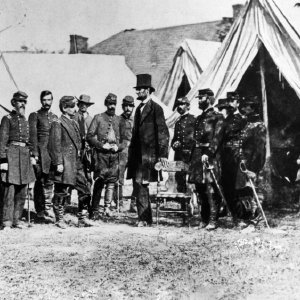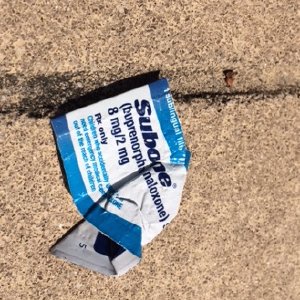Suboxone:
The Aftermath of “The Cure”

From personal experience and multiple years of working one-on-one with addicts, I have seen the ups and the downs that go along with “miracle cures” like Suboxone. Honestly, my first impression of medication-assisted treatment was, ‘”wow this is an amazing innovation in minimizing withdrawal effects and cravings for those who would otherwise just have to struggle!’” I saw many instances where, at the time, I believed that this was the “new era” in battling addiction on a broad and somewhat affordable playing field. I know many people who have medical degrees in various fields and their take was also the same as many others during in the early stages of MAT.
Pharmaceutical companies laid praise on the fact that there was a “non-addictive” treatment for opiate addiction as well as methadone addiction. As time went on and the real effects started to show through, Suboxone started to prove to be anything but a cure. Initially, Suboxone was intended for very short-term use to assist with withdrawal symptoms and cravings. This soon led to extended use and prescriptions lasting longer and longer and, in turn, causing the user to get physically and mentally addicted to “the cure,” just as they were once addicted to the “problem.”
Suboxone is addictive and it does cause very similar physical effects to that of opiates. My best friend who used heroin for multiple years and eventually became an IV user. He knew he had a serious problem but couldn’t afford proper treatment. He got connected with a doctor who “helped” addicts by prescribing Suboxone and did it at a very reasonable price. The doctor told him on his first visit that he would be put on a tapered schedule week by week, and it would take about two months to then be completely off it. The two months came and went, while still being prescribed the same amount of Suboxone that hadn’t been tapered. He then spoke with the doctor about why he was still being prescribed the same amount of Suboxone. The doctor told him that he had “changed his time frame” on the taper for all of his patients because the longer a patient took Suboxone the more they were likely to not revert back to opiate usage.
My friend decided to stop Suboxone on his own due to his desire to not be dependent on any substance in his life to function every day. I got a phone call a few days later from him and he couldn’t believe how terrible he felt. He told me that the third day of Suboxone withdrawal was worse than he had ever felt withdrawing from opiates. I went to his house to help him get through it. I witnessed him vomiting, sweating, shaking, and still intensely craving for opiates and Suboxone.
“I don’t want to feel this way anymore!
I would rather stay on Suboxone than feel this way!”
He kept saying: “I don’t want to feel this way anymore! I would rather stay on Suboxone than feel this way!”
Sadly enough, he could not resist the temptation to get instant relief and wound up becoming a heroin addict, once again.
Now, this is just one of my many experiences with this drug. I have seen this same story over and over again with the people who I help on a daily basis. The withdrawal symptoms from Suboxone are so bad, addicts appear to have no choice but to return to their previous opiate addiction. It seems to be a vicious cycle of bouncing from one drug to another in order to handle a problem, that in all actuality, is underlying the drug use itself.
Suboxone is not a cure.
A cure implies that a disease has been destroyed or eradicated.
How can Suboxone be considered a cure for opiate addiction if a person is likely to use opiates again once they stop taking it?
George B.—Narconon Suncoast Staff Member


 ®
®